As Nigeria prepares to conduct the 2023 census, a public policy analyst, Chima Christian, has called for multi-stakeholder audits and integrity tests on the systems and processes adopted by the National Population Commission (
NPC).
Christian made the call via a social media post, where he endorsed Nigeria’s gradual migration to tech-based solutions.
The analyst, however, expressed concern about the NPC’s “digitization” of the upcoming census exercise, pointing out that the systems and processes NPC will be relying on to conduct the exercise have not been audited or subjected to integrity tests, especially by those who stand to be most affected by a flawed census exercise.
Christian urged Nigerians to prevail on the Federal Government to allow for scenario tests to determine the vulnerability of NPC’s systems and processes to the autonomous decisions of the individuals operating them. He warned that if the systems can be corrupted or technically tampered with by the individuals operating them, then they cannot be relied upon to produce accurate and acceptable demographic data.
The public policy analyst also called on Nigerians to lend their voices to the call for the postponement of the census exercise until the NPC’s systems and processes have been audited and any identified lapses closed.
Chima cited the recent experiences with Mahmood Yakubu’s Independent National Electoral Commission (INEC) and warned that if the NPC is allowed to conduct a national census exercise with unaudited systems and processes, then the outcome is easy to forecast.
However, the Federal Commissioner of the National Population Commission in Zamfara, Alhaji Muhammadu Rini, while speaking with newsmen in Gusau on Monday said that digitalising the 2023 population and housing census would ensure transparency and accountability in the exercise.
Rini assured that the digital census would ensure accurate and credible data.
Join our WhatsApp Channel
“You know, in the previous census, we used paper and pen.
“But the digital census would generate the actual data required for citizens, irrespective of their locations.
“Digitalising the process would ensure transparency and accountability in the census,” Rini said.
Victor Ezeja is a passionate journalist with seven years of experience writing on economy, politics and energy. He holds a Master's degree in Mass Communication.

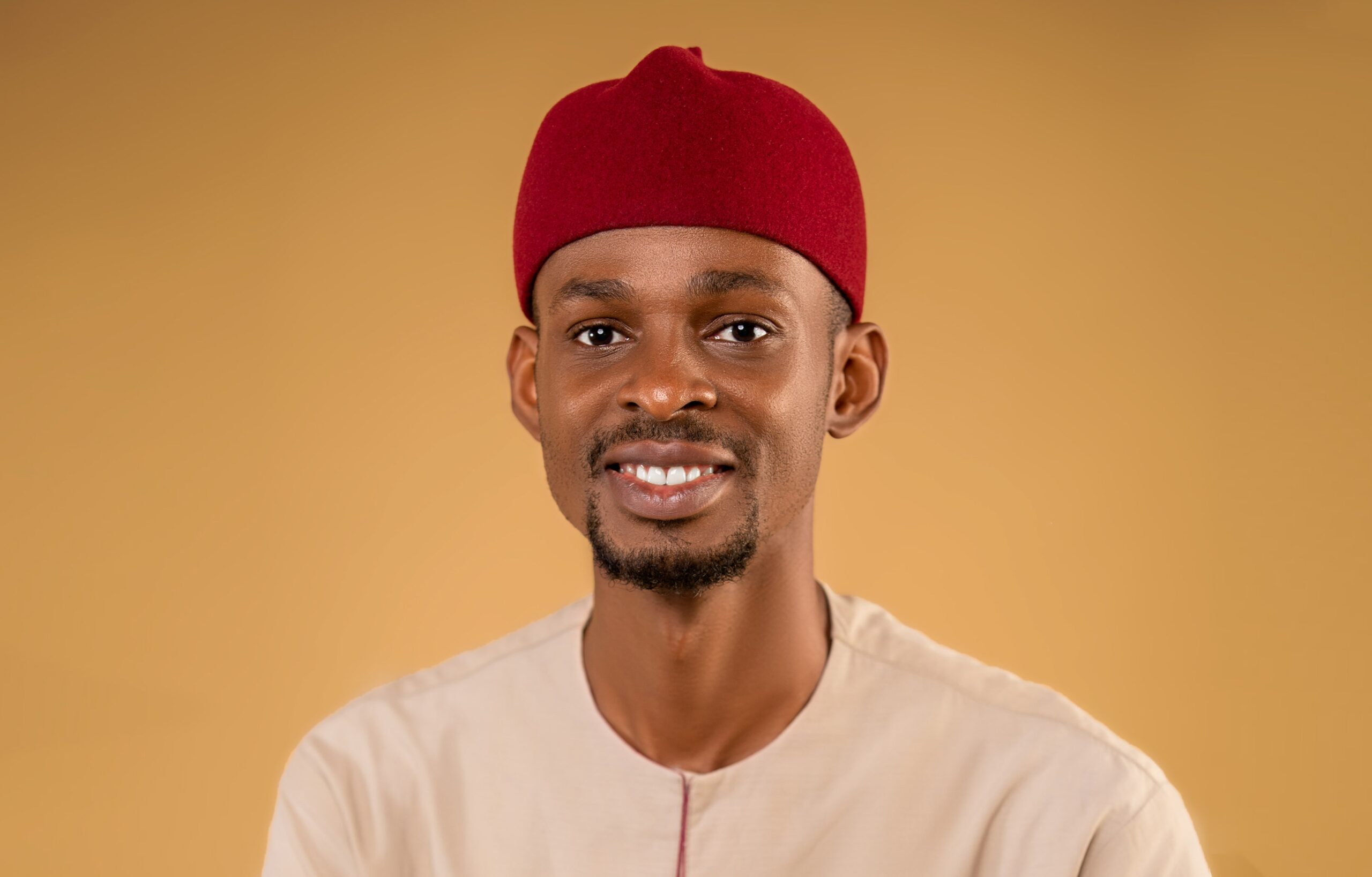



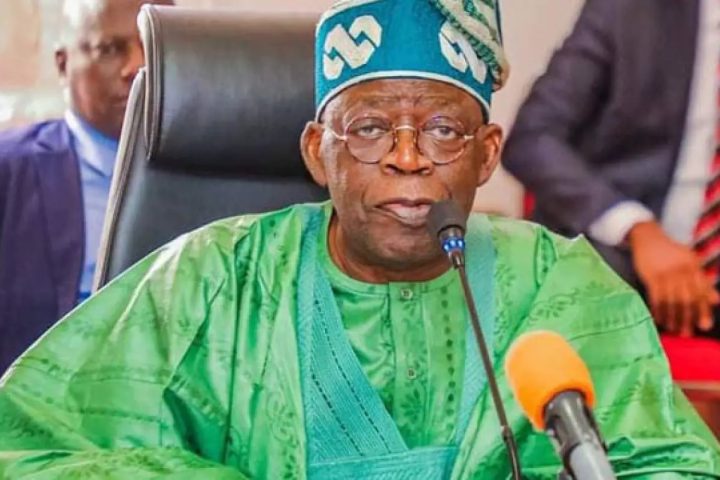

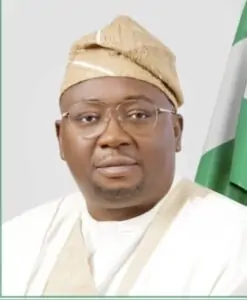






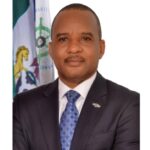



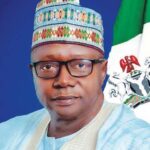
Follow Us